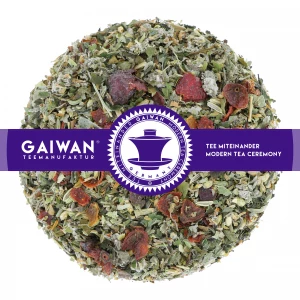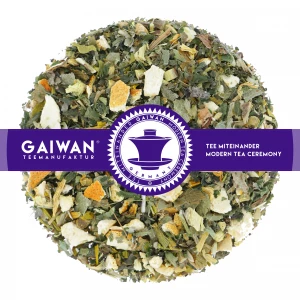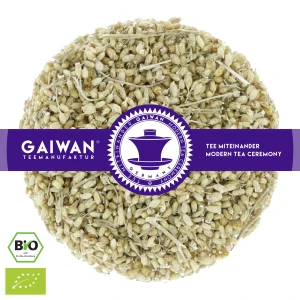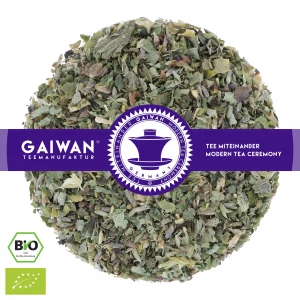Loose Tea with Yarrow
There is an almost unmanageable amount of herbs that can be mixed together in almost unimaginable numbers to make tasty and healthy herbal tea. Nowadays, many herbal teas are even composed with the supposed healing effects of the ingredients used in mind. Thus, in addition to the classic combinations such as fennel-anise-caraway or ginger-lemon, you can also find throat tea, cuddle tea and relaxation tea on the shelves of organic food shops and supermarkets nowadays.
Many people are familiar with yarrow from cooking. It tastes very spicy and is excellent for herb butter, salads or spiced vinegar. It can also be used to make delicious herbal lemonades. So it's no wonder that yarrow is an excellent addition to some of our herbal tea compositions. But did you know that yarrow has been used as a medicinal plant since time immemorial?
Yarrow Health Benefits
Yarrow was already used in the early Middle Ages for all kinds of physical ailments. Hildegard von Bingen already used it primarily as a women's medicinal herb to provide relief from menstrual cramps and pains. But men can also benefit from fresh, pure organic yarrow tea. It is often recommended by naturopaths and alternative doctors for loss of appetite and gastrointestinal complaints such as flatulence or cramps. Moreover, yarrow tea also calms the nerves so that one can relax better. Yarrow can also be effective against headaches or migraines.
However, the tea is not only an excellent internal remedy. Applied to the skin, yarrow tea or a tincture made from yarrow is said to help heal wounds or oily skin and eczema. And apart from the health benefits, yarrow tea is also delicious.
As always, the areas of application mentioned here are of course not medical advice or a call for self-diagnosis. If you have physical problems and would like to get them under control using natural remedies, you should always discuss this with a trusted doctor or alternative practitioner. We wish you all the best.








